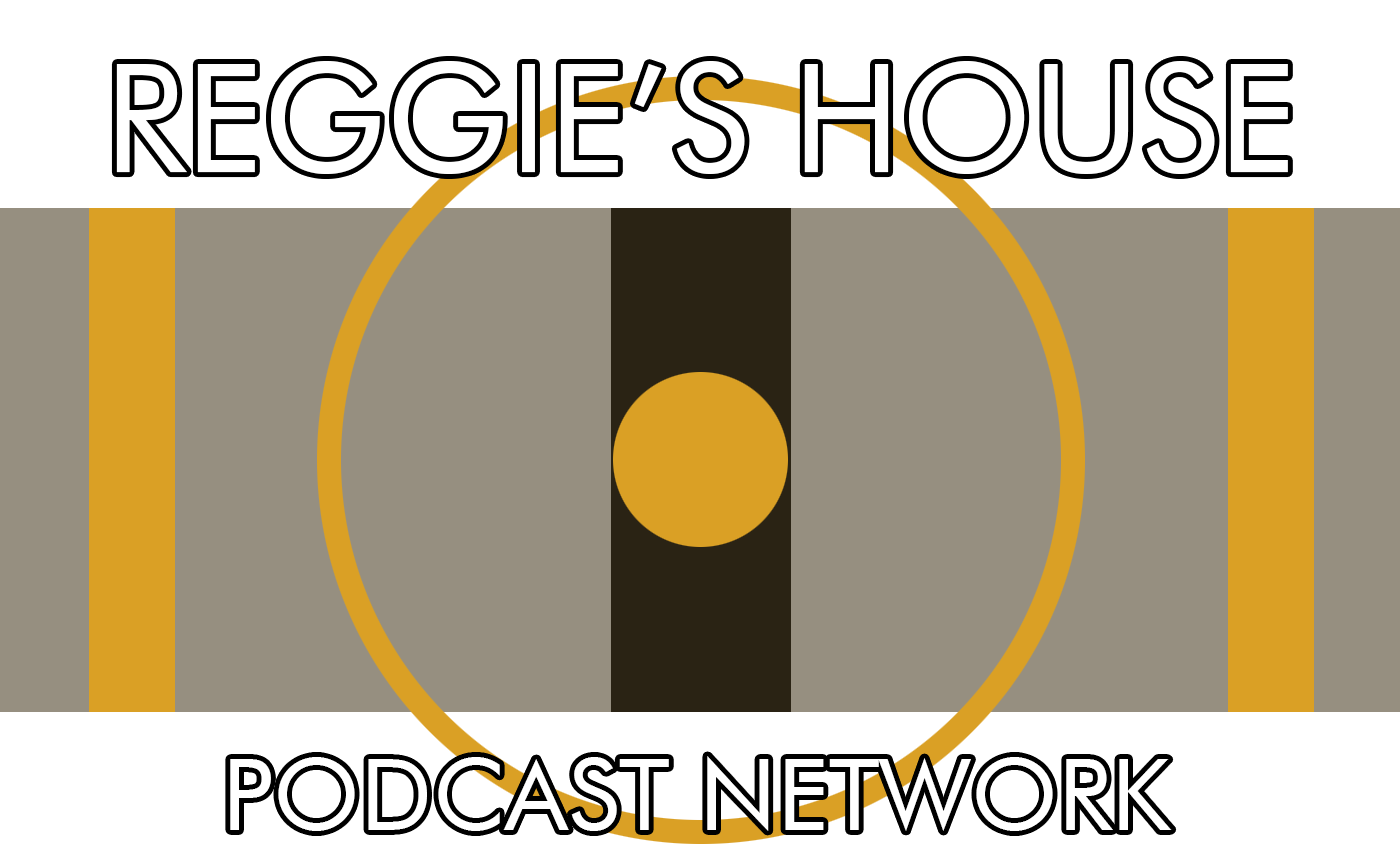Welcome (Back)
Hi there, I’ve been gone a long time. My name is Andrew Roman and I’m really captivated by hockey, the Pittsburgh Penguins, stats, and the science behind the great game. If you know me, or by some odd chance recognize my name from previous websites, you know these things are not new. In fact, writing about the Penguins and the NHL at large had reached such a point of oldness that I really needed a break.
Some of the reasons for taking a break are really good--I do work that I enjoy, and that I get paid good money for, which is great, but those things also makes it difficult to write on a daily basis. But some of it is not so good--at the end of the Dan Bylsma/Ray Shero era, and during Mike Johnston’s time as head coach it became difficult to say new things about a coach, a team, a system that had grown stale.
But now things are a little bit different. And, honestly, the fact that the Stanley Cup is back in Pittsburgh is only a very small reason why I’ve pulled myself out of the Blogger’s Retirement Community Home. You see: the Penguins won the Cup with a singular focus on maximizing team strengths. While that may not seem that unique or different, there is a standard, default motivation in most people that too much of a good thing can turn into a bad thing. This line of thinking--which is, in a very literal sense, a self-preservation instinct--seems to be particularly prominent in the General Managers and Head Coaches of professional sports teams of all sorts (and that’s to say nothing of how ingrained that point of view is in an “old-school” sport like hockey, where player assessments and coaching strategies have hardly evolved from the standards of the 1970s).
That makes it all the more exceptional that a GM nearing 70 years old and a coach who had been fired four times in the last 10 years would be willing to step out of their way to do something we hardly see: cast aside the kind of “equilibrium” typical of hockey teams (which could be considered a synonym for “boring”) and build a team that essentially displaces any fear of weakness with a belief that the team’s native strengths are so much greater than any other opponent’s that the weaknesses don’t matter.
This notion, that the 2015-16 Penguins did something unique, cuts to the core of what I want this site to be about. I want this to be a site based more on questions than answers; particularly questions like “Why do they do that?” and “Why doesn’t everyone do that?” These questions are derived from a book entitled The Numbers Game: Why Everything You Know About Soccer is Wrong written by Chris Anderson and David Sally (seriously get it, it is amazing, even if you don't like soccer). For fear of diverting too far, I have been greatly influenced by their perspective, one that I do fear has been forgotten by far too many in hockey’s “analytics” community. Anderson and Sally continually remind their reader that in order to be an analyst, one of the greatest challenges you will be faced with is to constantly ask yourself: “How might I, and my numbers, be incorrect?”
I don’t say that to poo-poo the analytics community to which I only wish I could belong. I say it because hockey has finally reached the point where we know how to collect data, and we have reason to believe that the data we collect matters for something. But with that in mind, now is the time for even greater caution. Bearing with that, I want this site to be accessible to individuals regardless of their exposure or knowledge of social scientific research, statistics, and advanced hockey stats. By necessity, it also must be a place where I acknowledge the strengths and weaknesses of the articles (both research and casual in nature) that I produce, and I ask that you, whoever may read this, come to this site with an inquisitive nature, and be willing to ask the questions that may spin off of the content provided.
With all of that important sounding stuff out of the way, here’s what you need to know: I want to be upfront and say that Reggie’s House isn’t going to be a place for up-to-the-minute updates about the Penguins. Yes, I’m going to cover significant roster moves, trades, injuries, and the like, but only the really big stuff. At least as of site launch, my expectation is to more or less alternate between “big” research/analytic-type articles and localized Penguins stories. Depending on certain factors, that balance could change, but more than likely it would change in the direction of doing more research and less opining, because trust me, you do not need me to tell you how to feel about the Penguins.
In addition to the written content, I am very pleased to announce the creation of the Reggie’s House Podcast. I’ll be joined by Mike Swanson for a weekly(?) dive into the Penguins and the league at large. This new medium should fill you up with all of the Pens-centric, light-hearted takery you can ask for. I promise it will be fun.
The first episode of the podcast should be out sometime on Monday, October 3, and the first article (examining "weak" and "strong" links in a team's lineup) should hit sometime later this week.
So welcome, let’s learn together.
LGP,
Andrew
